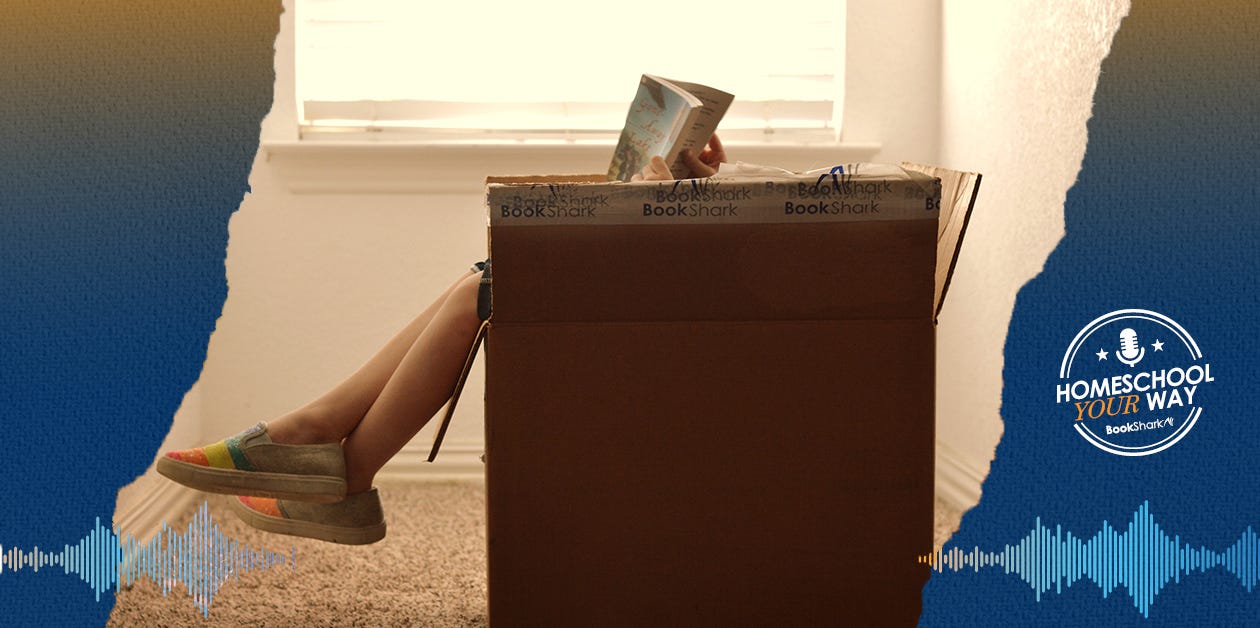7 Tips for Handling New Vocabulary During Read-Alouds
-
 By
BookShark Homeschool Curriculum
By
BookShark Homeschool Curriculum
- May 12, 2022

Reading books to our children isn’t merely an ideal way to cement family relationships or enjoy a pleasant afternoon. It’s also an excellent method to introduce new vocabulary words to our children and help them master those words.
Here are seven easy tips for teaching and reviewing new vocabulary learned during read-alouds with your children. Pick and choose from these different options. You don't want to use every tip for each new word you encounter. Choose the words that you think are most integral to the story or words that your children are most likely to encounter in their daily lives or academic reading.
1. Stop and define the word
Stop reading as soon as you run into the new word and define it immediately. Your children will immediately hear the word in context and how it’s used in literature.
2. Ask children to define the word
Instead of defining the word yourself, ask your children if they know what it means. If they don’t, help the children figure out what the word means from the context and see who can come up with the best guess.
3. Look it up in the dictionary
Another way to learn a new vocabulary word is to look it up in the dictionary after you ask the children to predict what the word means. This is also an excellent way to teach dictionary skills and ingrain the lifelong habit of checking the dictionary for any definitions the child doesn’t know.
 4. Write it down to look up later
4. Write it down to look up later
Instead of stopping the storyline in the middle of action and possibly losing children’s interest, keep a notepad next to you and write down any words you’d like to discuss later. Discuss and look up the words after you’ve finished the day’s read aloud.
5. Review new vocabulary at the end of the session
Defining new words is important, but it’s also just as important to help the kids retain the new vocabulary words. As you finish the day’s read aloud, ask the children to review the new vocabulary words and their meaning with you. See who can remember the most words and hand out high fives to the kids as they define the vocabulary.
6. Define words at dinner time
Every evening review the new words at dinner time. Make an impromptu game to see who can use the most new vocabulary words at the dinner table. How many unique and challenging sentences can be spoken?
7. Use the word as many times as possible
Use the words yourself as many times as you can during the next week. The children may not use the vocabulary word in their spoken vocabulary, but even the smallest child will begin to understand the vocabulary words as they hear them in use.
Read-alouds bring a wonderful opportunity to expand your children’s vocabulary. Using these seven tips to discuss and review the words in context will cement the vocabulary in your children’s mind better than any program.












